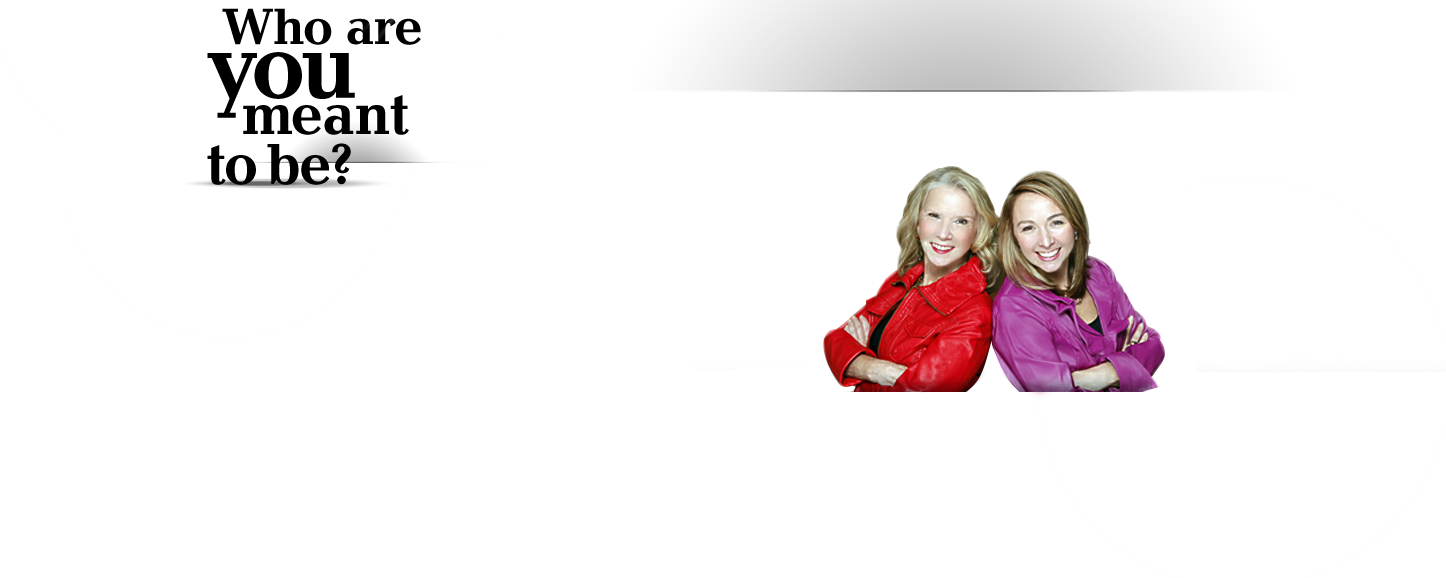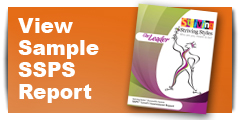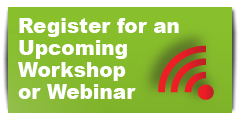PERSONAL GROWTH
Feelings Aren't Facts - Emotional Reasoning
Identifying our automatic thinking usually changes the way we feel and puts us in a much more empowered position to make wise and meaningful decisions. Learning to observe your thoughts gives you the opportunity to recognize the emotional responses you are creating with your interpretation of what is going on.
Thought I would mix it up a little and add one of my favorite topics to end the week. I was reminded during a client session this morning that people take their emotions and value judgments as though they are facts. I believe the comment was “I feel fat and I can seem to stay on a diet”. My client is 5’3 and weighs in the neighbourhood of 110 pounds. Clearly feelings aren’t facts.
Emotional reasoning assumes that what you feel must be true. And while it’s usually helpful to get in touch with your feelings, what you feel may be quite different that what is actually happening. The strength of the feeling creates conviction, but later things may seem different as the emotional storm dies down. When we use emotional reasoning, we believe the automatic thoughts that cause emotional upset and we then try to reason on the basis of our feelings. Thus, emotional reasoning generally distorts and colours reality with a negative brush. Making decisions based upon our emotions usually leads to less than optimal results. Yet, many of us are in the habit of doing just that. Our emotions mirror our thinking and beliefs, not the other way around.
The basic assumption behind emotional reasoning is “Where there’s smoke, there’s fire.” Let’s say you’re preparing for a job interview. It’s natural that you’ll be a little “nervous” about a challenging event. If you happen to have gone to several interviews without success, you may be more anxious and nervous than you need to be. In this state of mind, it’s easy to fall into emotional reasoning and think along these lines “No one is going to hire me”. I am so anxious. I probably am not as competent as I think I am. If I was, why hasn’t anyone hired me?” Where there’s smoke, there’s fire.
The trouble with emotional reasoning is that smoke is not really evidence of fire. If you’re scared about a job interview, it’s probably because you’re scaring yourself with your automatic thoughts. People who allow themselves to be caught up in emotional reasoning can become completely blinded to the difference between feelings and facts.
Most of us don’t pay much attention to how we feel or question where our reactions are coming from. We frequently speak as if events or other people “make” us happy, sad, scared, or excited. However, this isn’t quite true. It is not the events outside of us that cause our feelings; it is the meaning we give it and our thoughts that us believe that external events “make” us feel glad or sad. Even when it seems as if we were reacting directly to events in our environment, if we look more closely, we can see that it’s not that simple. We don’t react directly to an event; we react to our interpretation of the event.
Emotional reasoning is also a major cause of procrastination. Procrastination gets in the way of making healthy choices around self-care. “I am so out of shape and I feel so fat. I’ll eat this now and start a diet tomorrow.” “I won’t do it now because I’m waiting for the right moment.” When we allow our emotions to determine our motivation, we have it backwards. Our logical brain determines what we need to do and our emotions that resist it. We have to move to action whether we are motivated or not. We feel better about ourselves when we don’t put things off.
Another thing that arises from procrastinating about self-care is “shoulding” and guilting ourselves. “I know I should make healthier choices around food.” “I know I should exercise and get outdoors more often”. Whenever we think about what we “should” be doing, feeling guilty and depressed result. The more you “should” yourself about taking care of your health, the harder it becomes to actually do it. Guilt is not a motivator, rather it focuses us on what is missing in us and leaves us feeling inadequate.
Identifying our automatic thinking usually changes the way we feel and puts us in a much more empowered position to make wise and meaningful decisions. Learning to observe your thoughts gives you the opportunity to recognize the emotional responses you are creating with your interpretation of what is going on. For example, if your teenager is not interested in studying, you can think, “he is never going to finish school. He will be a failure in life” and feel anxious or even angry with him. When you change your appraisal of a situation, your emotional reaction changes.
Most people are in the habit of getting upset because of automatic thoughts. Recognizing the automatic thoughts are creating emotions and observing what we are doing in our mind helps us to change our reactions and create less drama in our lives. When emotional reasoning rules, feelings are mistaken for facts. Emotional reasoning makes stress worse, depression deeper, anxiety higher, and anger hotter.
If you don’t know the difference between an emotion and a judgment, you never know how judgmental you are being of yourself and of others. Take the time to reflect on what you are expressing. The next time you say “I feel stupid” or “I feel like you are stupid” know that these are judgments, not feelings. Nor are they particularly useful or helpful in creating mental health and pleasure in life.



















0 Comments